The State Bank of India (SBI) has scheduled the Psychometric Test for the Probationary Officer (PO) 2025 recruitment on 31 May 2025. This test serves as an essential tool to assess not just a candidate’s academic abilities but their behavioural and psychological suitability for a leadership role in India’s largest public sector bank. Unlike written tests, which evaluate knowledge and reasoning, the psychometric assessment focuses on a candidate’s personality, values, emotional responses, and professional temperament. It provides insights into how a candidate is likely to perform under pressure, interact with teams, and align with the bank’s values.
Personality Traits Assessed in the SBI PO Psychometric Test
The SBI PO Psychometric Test is designed to provide a multi-dimensional understanding of a candidate’s mindset, professional ethics, and interpersonal behaviour. Below are the major personality traits that this test is likely to evaluate:
1. Leadership Potential
Candidates are assessed on their ability to take initiative, make informed decisions, and inspire others in a team setting. The bank seeks individuals who show potential to lead by example, especially in uncertain or high-pressure situations.
2. Emotional Maturity
This involves evaluating how well a candidate manages their emotions and relates to others. A future PO should be calm, composed, and respectful, especially during customer interactions or conflict resolution.
3. Ethical Judgment and Integrity
Instead of simply testing moral standards, the psychometric test evaluates whether candidates can consistently make fair and honest decisions, even when dealing with ambiguity or stress.
4. Responsibility and Reliability
The test measures traits such as accountability, commitment to duty, and a strong sense of reliability, all of which reflect how consistently a person adheres to timelines, follows procedures, and fulfils job responsibilities.
5. Organisational Awareness
This includes a candidate’s understanding and respect for rules, structure, and order. It’s not about being blindly rule-bound, but about valuing protocols that support organizational efficiency and discipline.
6. Attention to Social Norms
Candidates are assessed for their ability to communicate appropriately and professionally in social and professional settings. This includes awareness of tone, timing, and etiquette in customer and peer interactions.
7. Forward Thinking and Planning Ability
What may be described as foresight is tested here as the candidate’s ability to anticipate challenges, plan effectively, and make decisions based on long-term implications.
8. Sociability and Interpersonal Comfort
Rather than classifying someone as an extrovert or introvert, the test examines how well a candidate adapts to team settings, engages in conversation, and expresses ideas with clarity and confidence.
9. Teamwork and Collaboration
SBI places a strong emphasis on collaborative skills. This includes team alignment, mutual respect, and willingness to work toward shared goals, especially in high-stakes or service-oriented roles.
10. Self-Motivation and Focus
This measures self-discipline, perseverance, and the ability to stay committed to tasks over time. It reflects how candidates manage their time, maintain focus, and deliver results independently without constant supervision.
Why the Psychometric Test Matters for the SBI PO Role
The psychometric test adds depth to the recruitment process, enabling SBI to look beyond written scores. It ensures that candidates entering the final round have the psychological readiness to take on the multifaceted responsibilities of a Probationary Officer. This is especially important in roles where trust, leadership, and public dealing are central to the job profile.
Moreover, the test results also guide interviewers during the final interaction. For instance, if the test flags low emotional intelligence or high risk-aversion, interviewers may explore those areas through targeted questions. This ensures a more balanced and holistic evaluation.
Approach for the SBI PO Psychometric Test
Be Authentic: Your true personality is more favourable than an artificial one. Be honest in your responses.
Stay Consistent: Avoid contradictions in your answers; inconsistent patterns may raise concerns.
Understand Role Expectations: Consider what traits are important for a bank officer, including responsibility, communication, ethics, and reliability.
Stay Calm: Don’t overthink each question. Many tests are timed and require your natural instinctive response.
Practice Mock Tests: Familiarise yourself with psychometric formats to ease test-day anxiety and improve response clarity.

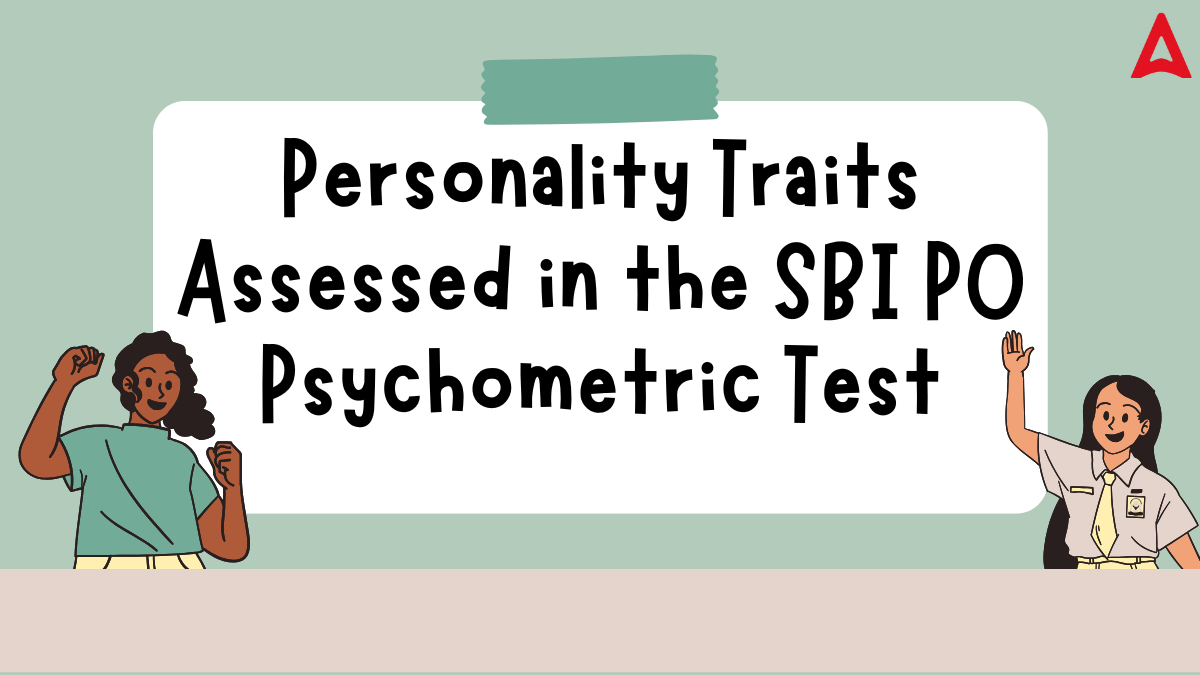

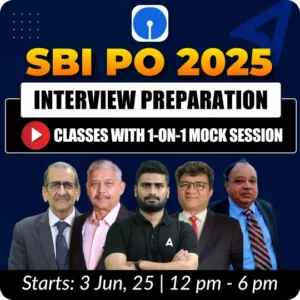

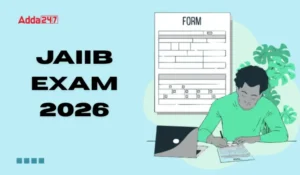 JAIIB Exam Date 2026, Syllabus, Exam Pat...
JAIIB Exam Date 2026, Syllabus, Exam Pat...
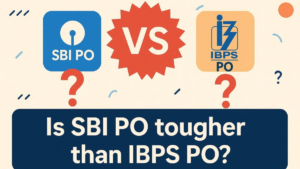 Is SBI PO tougher than IBPS PO?
Is SBI PO tougher than IBPS PO?
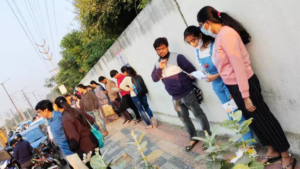 NABARD Development Assistant Exam Analys...
NABARD Development Assistant Exam Analys...








